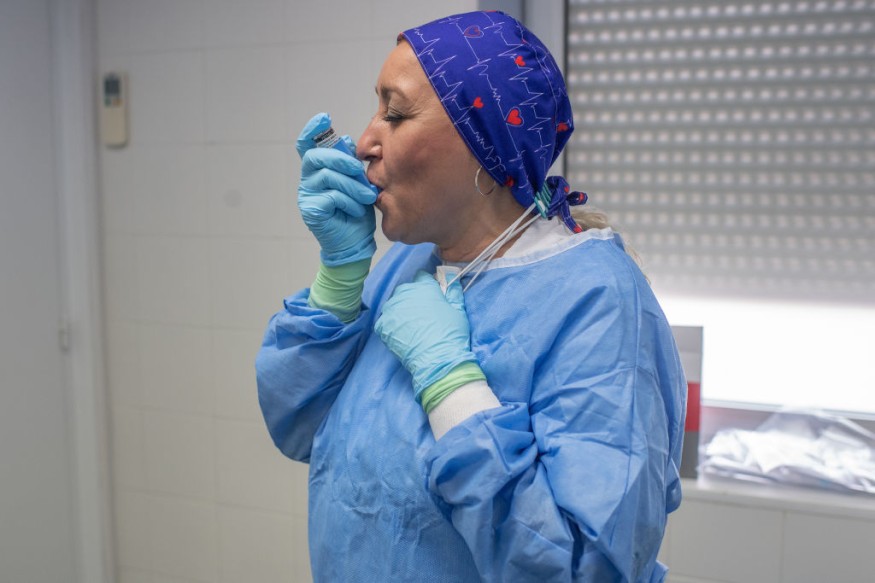
An emerging group of immunotherapy medications, which are intended to treat rheumatoid arthritis, eczema, and inflammatory intestinal illness, may potentially help those with breathing problems.
A New Immunotherapy Drugs For Severe Asthma
Asthma sufferers frequently experience indications including as lack of air, wheeziness, and episodes of respiratory distress as a result of the inflammatory response overreacting to irritants like pollen, soot, and smog.
Most of us recall experiencing asthma as children but have already overcome it. Nevertheless, it is not unusual for pediatric asthma to return after healing from Covid-19.
The researchers expanded on previous studies that had concentrated on a specific protein JAK1, which is key in triggering inflammatory cells by directing macrophages, an immune cell, to scout for unwanted invaders. This protein, while required, can occasionally respond too strongly, causing excessive aggravation. Which may result in Crohn 's illness, arthritis, as well as pneumonia.
Since they suppress the protein JAK1, the medications are classified as 'jakinibs.' This molecule is important in the body's immunological reaction because it activates cytokines, which can contribute to aggravation.
Even though asthma is a prevalent and manageable ailment, better and fresh therapies are often cause for celebration. This is why we are thrilled to reveal that Trinity College Dublin experts have discovered an incendiary off switch protein that might successfully cure serious instances of respiratory problems.
Nonetheless, in situations of breathing problems, the JAK1 receptor might trigger a cytokine storm in the airway, resulting in life-threatening damage. Specialists at Trinity University in Ireland recently demonstrated that blocking JAK1 can decrease this overly engaged inflammatory system with amazing efficiency.
It stays to be explored if therapy may minimize respiratory difficulties beyond the laboratory, but it's interesting taking a look into it deeper. The JAK1 blocker employed in this work on both animals and human tissues is predicated on a chemical named itaconate.
The compound itaconate, which is highly bioavailable by our bodies, has been recognized to perform a significant function in influencing the attitudes of white blood cells.
Anti-Inflammatory Molecule Aid For Individuals With Severe Asthma?
The current research has revealed how itaconate and one of its metabolites, 4-octyl itaconate (4-OI), inhibit the JAK1 receptor, preventing it from triggering surges of systemic cytokines.
"We investigated a substance termed 4-OI, which is centered on itaconate, and it was capable of inhibiting lung problems in a form of the condition that does not react to anti-inflammatory medications," immunologist Marah Runtsch says to Science Alert.
Experts have great expectations that innovative Itaconate-based treatments will have the prospect to be a completely new medicinal option for the medication lung problems, where there is a critical requirement for experimental therapies. It's not the first occasion jakinibs, such as 4-OI, were recommended as a possible therapy for respiratory problems.
Numerous asthma-related cytokines have already been attributed to the JAK1 receptor, and a significant body of experimental evidence suggests that inhibiting JAK1 might decrease lung congestion by reducing the cytokine reaction.
In a double-blind placebo-controlled experiment the year before, an airborne jakinib was proven to improve discomfort in those with moderate respiratory problems. The initial phase of jakinibs on the industry is far from flawless, but pharmaceuticals are progressively figuring out how to produce the therapy increasingly precise and efficient for illnesses such as arthritis. Pneumonia might be their next challenge.
Related Article : Here's Why It's Not Wise to Ditch Your Face Mask Just Yet
© 2025 NatureWorldNews.com All rights reserved. Do not reproduce without permission.





